The Air Force of Ukraine received equipment worth UAH 16 million, including the world's first FPV anti-aircraft drones with thermal imagers

TheCome Back AliveFoundation, together with Nova Poshta, delivered the first batch of equipment to the Ukrainian Air Force as part of the REBT so REBT project. 17 military units received an entire ecosystem to combat enemy reconnaissance drones. Among the equipment transferred:
- Anti-aircraft FPV drones with thermal imagers and daytime cameras.
- Training and combat drones.
- Aircraft-type FPVs.
- Ground control stations and catapults for launching UAVs.
- The total cost of the equipment was UAH 16.6 million: half of this amount was donated by Ukrainians, and the other half was added by Nova Poshta.
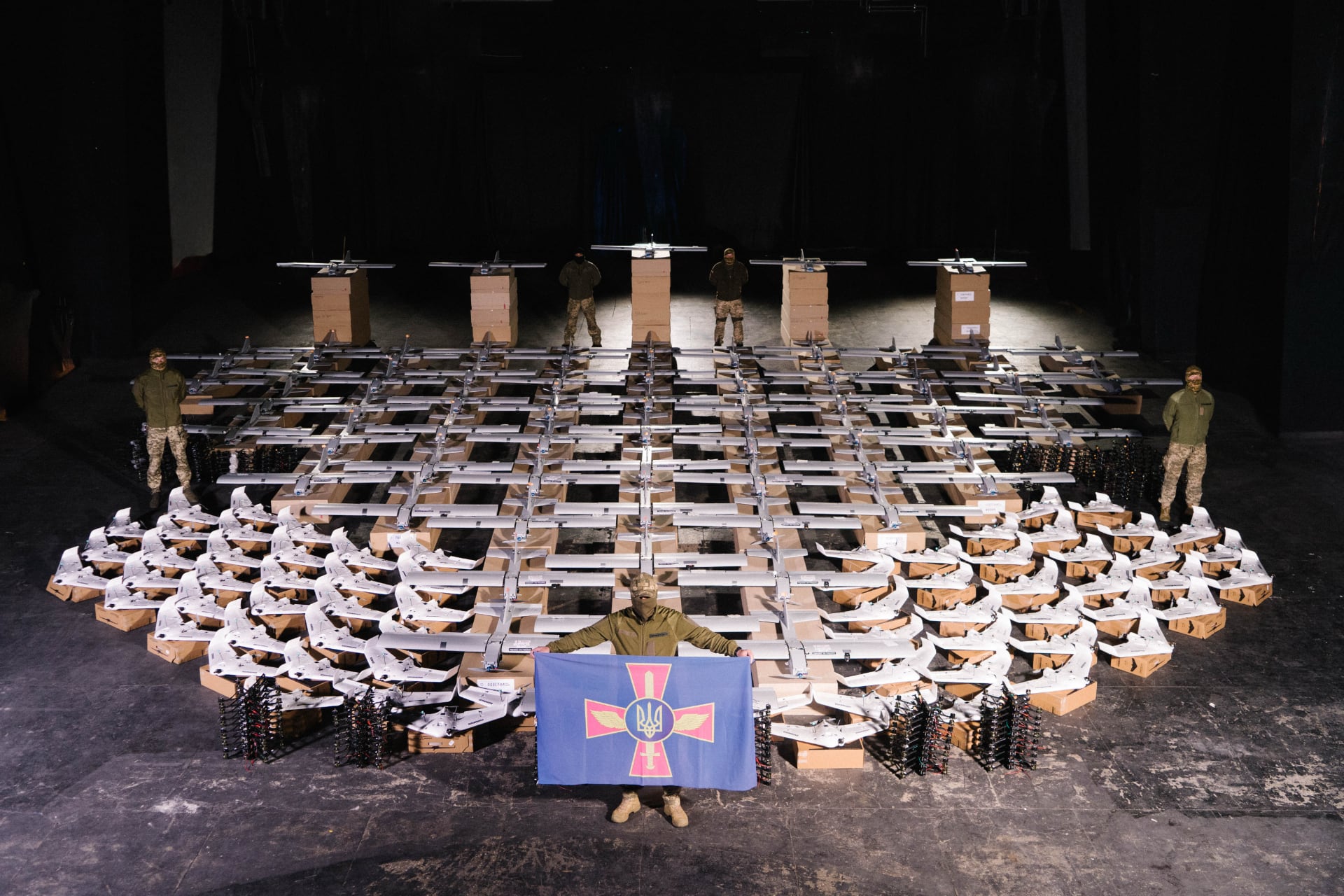
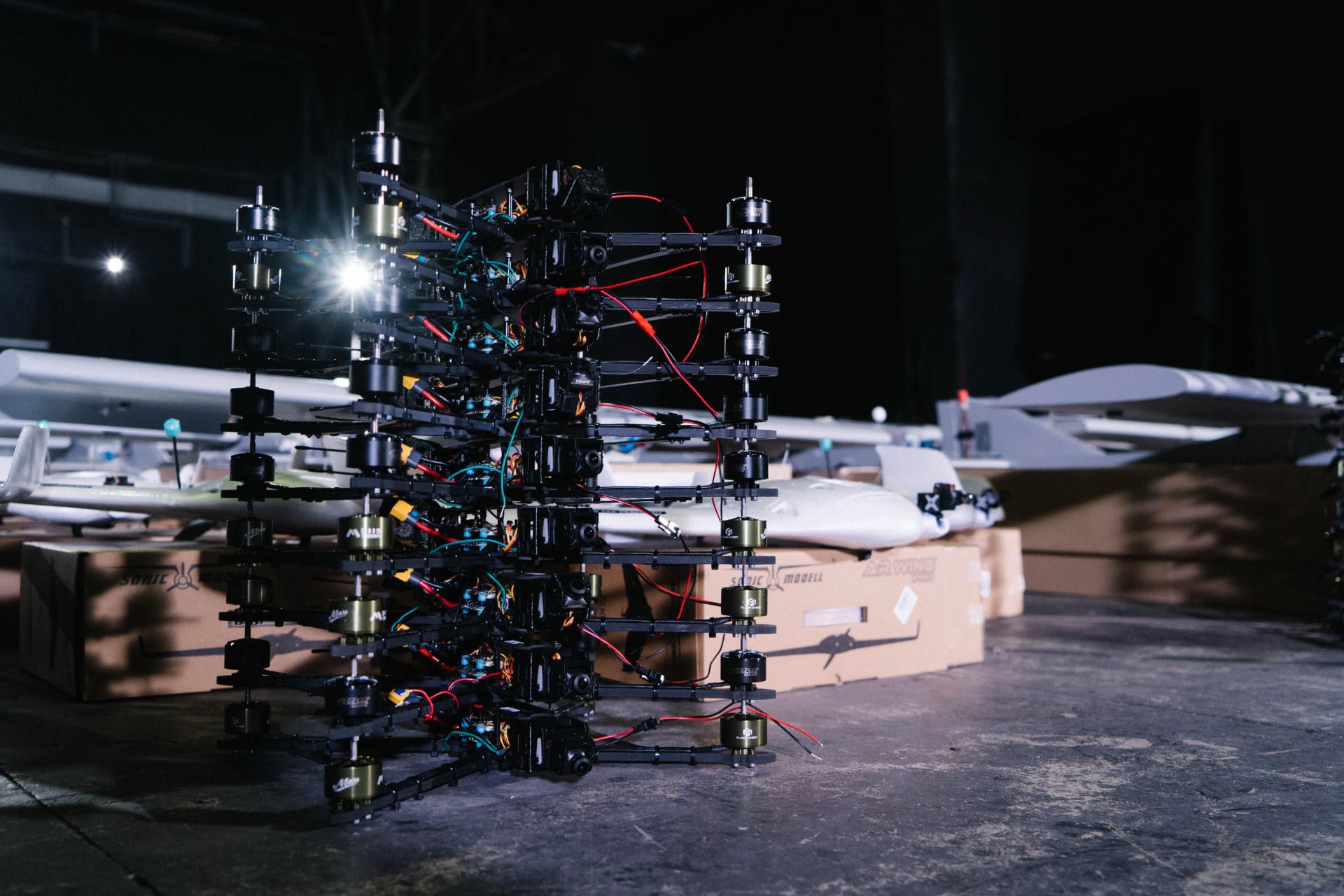
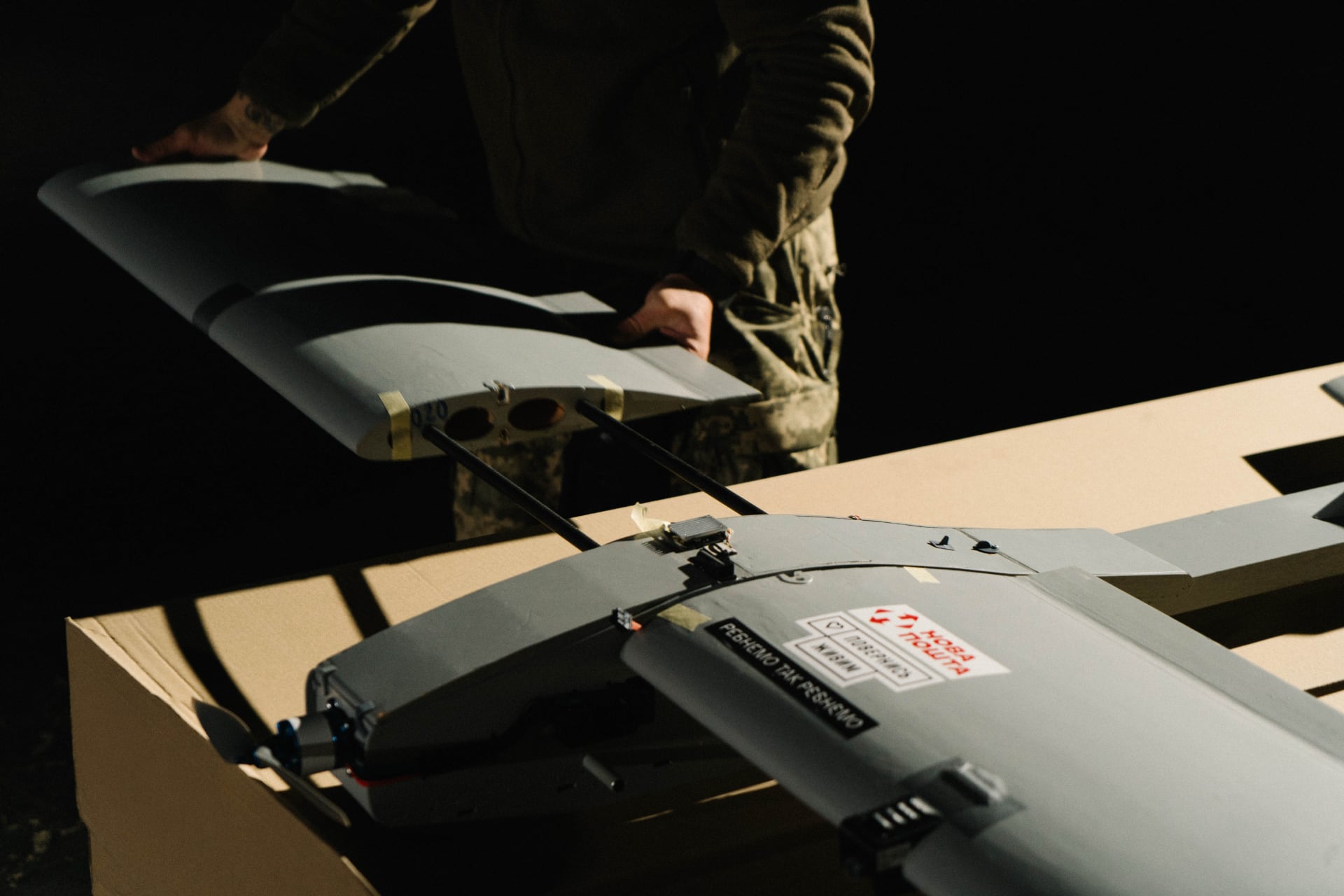
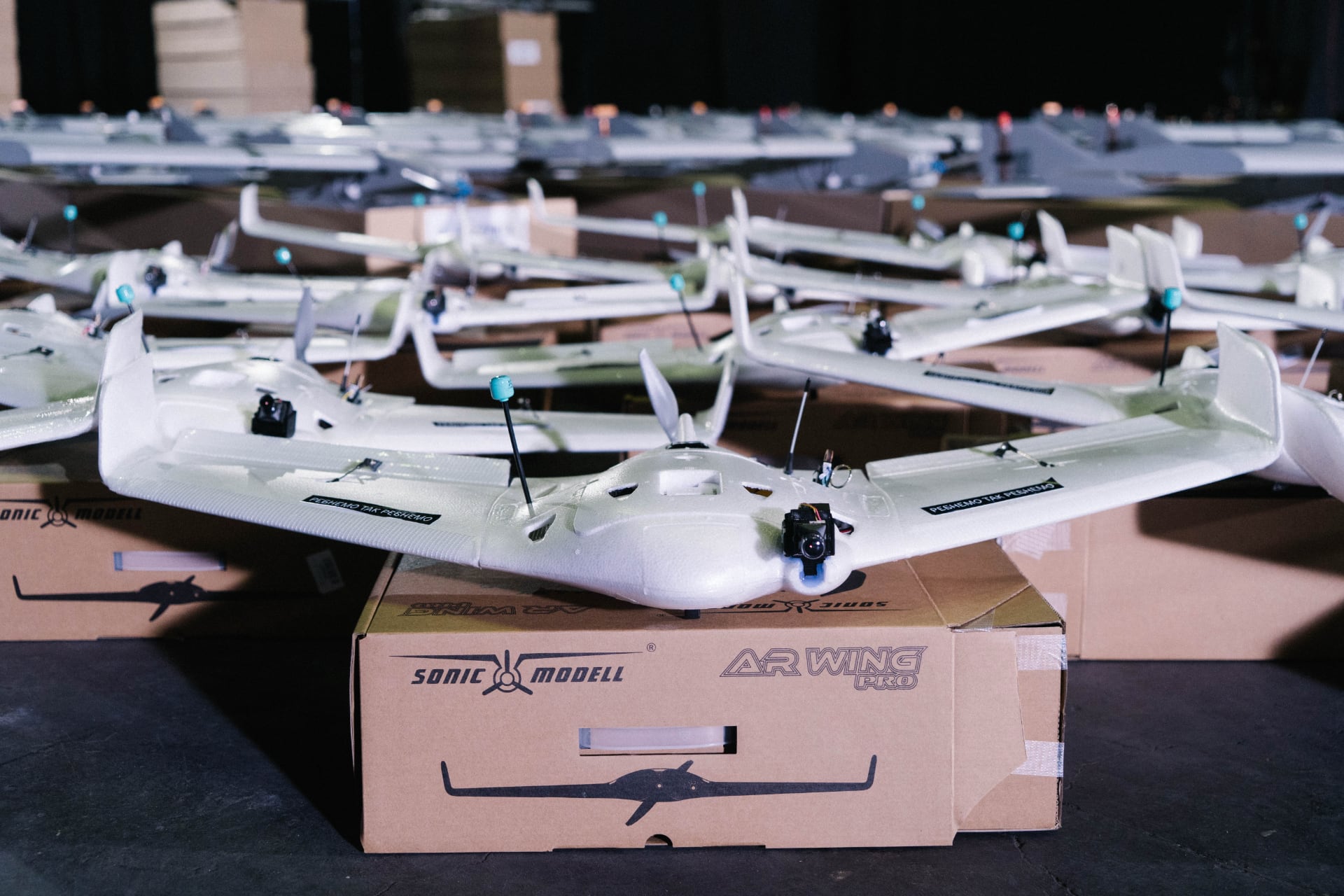
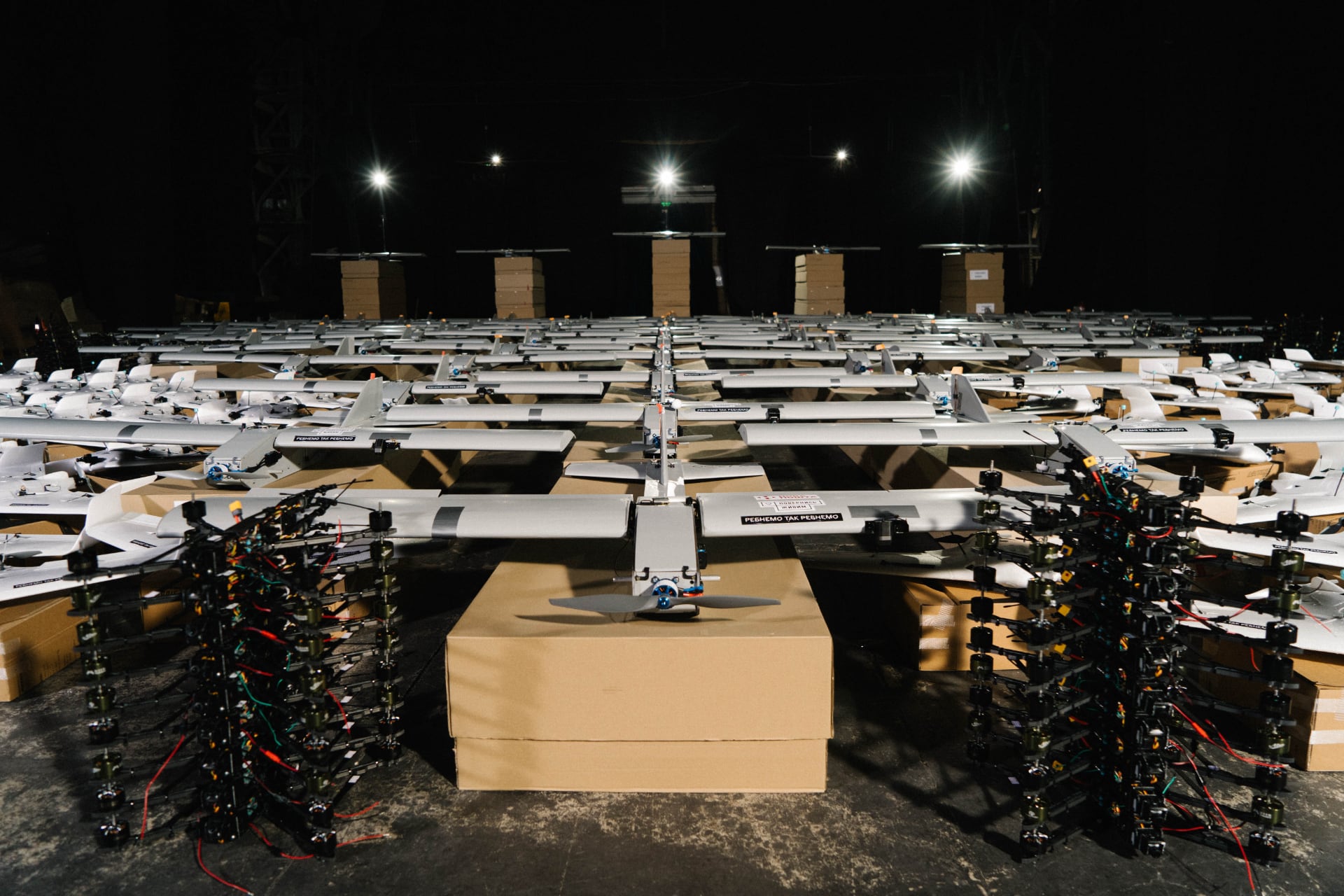
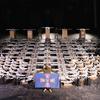
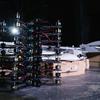
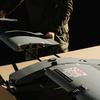
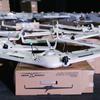
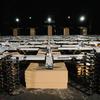
How it will help the Armed Forces of Ukraine
The equipment will help protect air defence systems covering the skies over Kharkiv, Zaporizhzhia, Sumy, Odesa, Kherson and Dnipro. As explained by Oleh Karpenko, Deputy Director of the Come Back Alive initiative, these solutions are aimed at detecting, suppressing and destroying enemy drones. Such equipment is more effective and cheaper than using expensive anti-aircraft missiles.
This solution is much cheaper than using missiles costing millions of dollars
How to contribute to the "REBT so REBT" collection
Fundraising for the project is ongoing. You can support the initiative through the Nova Poshta app, by donating to the bank or using the details on the project page. Each donation will be doubled by Nova Poshta, and the funds raised will be used for drones, electronic warfare equipment, secure communications, transport, and training for the military. 100% of the equipment purchased will be Ukrainian developments or a combination of our experience and Western technologies.
The collection was announced on 30 September. The collection goal is UAH 300 million.